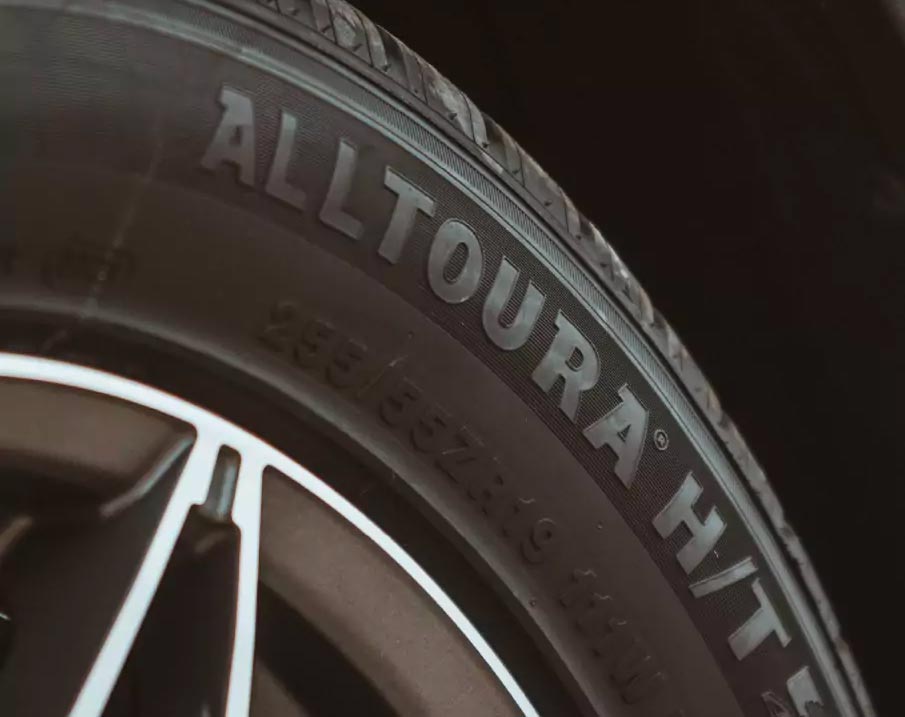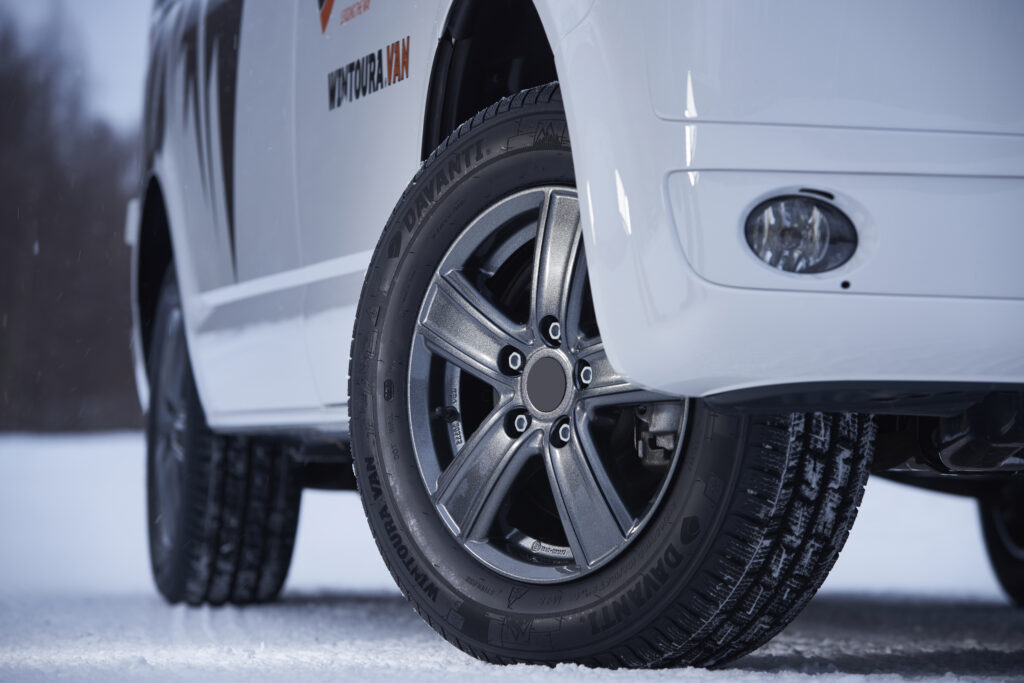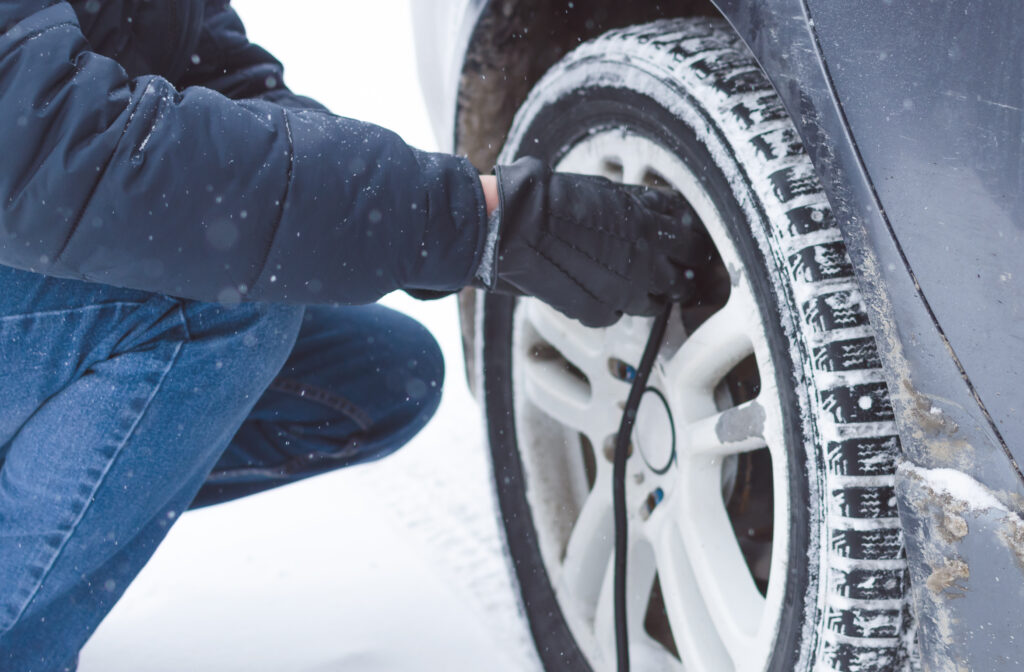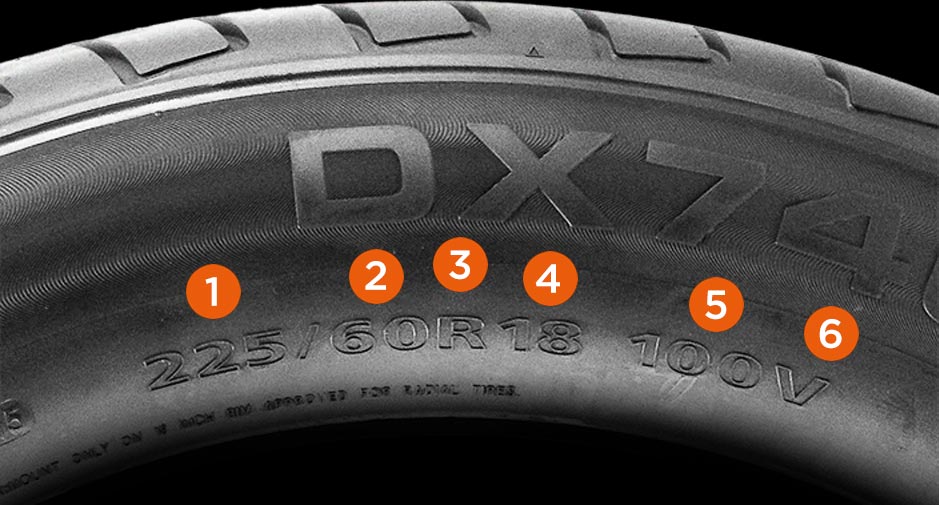
Tips for switching back to summer tyres
Thursday 11th April 2024Winter is finally coming to an end, so with the days getting longer and the temperatures slowly but surely warming up, many drivers may be wondering when the correct time is to trade winter tyres in for summer ones.
Why should I consider swapping out my tyres?
It’s not recommended to use a winter tyre during the summer months, and this is due to winter tyres and their softer treads. The treads of winter tyres are not designed to withhold warm temperatures, meaning they will wear down much quicker. As a result, this will affect overall performance, whilst impacting the stopping distance of your vehicle. Using winter tyres during the summer may also see your fuel consumption skyrocket, too.
How do I know when to make the swap?
Timing is key when it comes to swapping over your tyres. Consider switching from winter to summer tyres when the temperature consistently stays above 7°C as this ensures your summer tyres provide optimal grip and performance. In the UK a good rule of thumb is to wait until the end of March, when the clocks change to make the switch.

What should I be looking for before fitting my summer tyres?
Over winter pre-existing issues or age-related problems might have manifested themselves, so before making the swap and hitting the road with your summer tyres, ensure you’re following these simple checks:
- Tread Depth – Inspect all of your tyres and ensure they abide with the legal minimum tread depth in your country. In the UK it is 1.6mm but it’s suggested that you have at least 3mm remaining so you can feel confident that your tyres will continue to grip and you can retain control.
- Cracking – A common indicator your tyres may be getting old is when you can visbibly see cracks across the circumference of the tyres. A crack doesn’t always mean they need replacing, however, aging may be the reason for the fault. It’s encouraged drivers refer back to the date of manufacture, and this can be found on the DOT code on the sidewall of your tyre. Whilst there is no legal expiration date for tyres, it’s a good rule of thumb to have tyres replaced every 6 years to ensure a safe and effective drive.
- Punctures or cuts – It goes without saying, but ensure you check tyres for any wear and tear before hitting the road, you need to be looking out for any holes, or signs of low pressure.
- Chemical damage – When switching out your tyres, inspect the area thoroughly around where your tyres have been stored for any damage. If storing tyres in a garage, it’s possible that chemicals could have leaked into the surface of the tyres and if chemicals are absorbed into the tyres’ rubber, this may negatively impact the structure.
Consider a storage solution for your tyres:
For those of us living in regions with harsh winters, storing tyres properly is essential for their longevity and performance, and there are a couple of options to consider:
- Paid Storage – Many garages now offer tyre storage solutions throughout the year. The benefit of this is that the garage may be able to fit your tyres when it’s time to change over, but this type of storage does come at a cost.
- Home Storage – If you have enough space, storing your winter tyres at home is also a viable option. However, you must ensure that the environment is suitable, so ensure you keep them away from direct sunlight, moisture, and extreme temperatures. You can also purchase tyre racks to help keep them safe and organised in a garage or shed, otherwise store them side by side never stacked or hung unless fitted to wheels.
Why not consider all-season tyres?

If you want to avoid the hassle of seasonal tyre swaps and tyre storage, all-season tyres could be the perfect solution. They are designed to provide quality performance in various weather conditions, making them a versatile and cost-effective option.
Developed with varied climate countries in mind, all-season tyres can provide the safety of winter and summer tyres in one. Davanti now offers a range of all-season tyres for passenger cars and commercial vehicles with the Alltoura 4-Seasons, Alltoura H/T 4-Seasons and Vantoura 4-Seasons which you can check out on our product page, along with our full winter tyre range here.
If you have more questions on the seasonal change, contact your local Davanti dealer using our locator.
If you’re looking to switch over your tyres ahead of the season change, you can view our summer, or all season tyre range on our product page.









